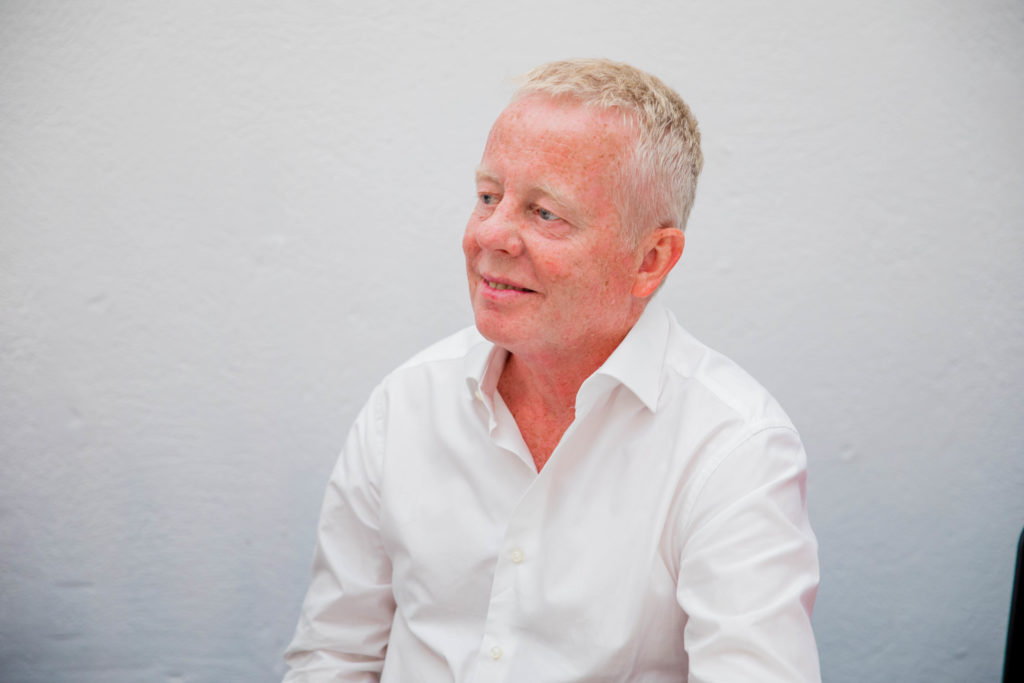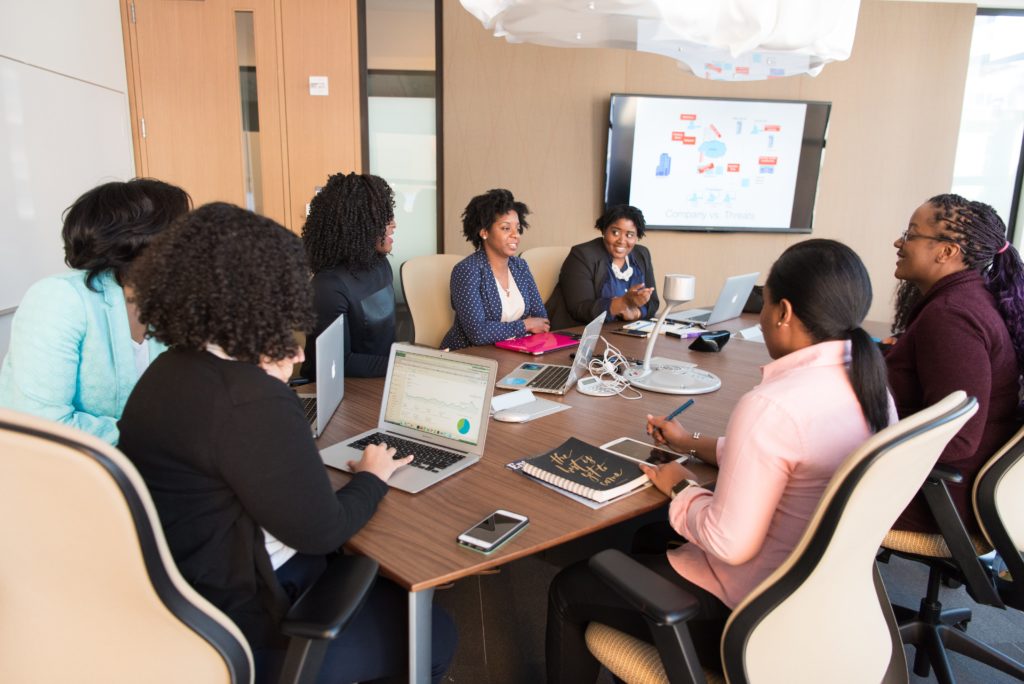Managing Conflict at Work
Key Tips for Individuals and Groups
(2 Days/16 hours)
Who can genuinely claim to have never had a conflict with a colleague that not only affected them personally, but also had a negative impact on their efficiency and working environment? Conflict is virtually inevitable when you work with others. People have different viewpoints and under certain circumstances, these differences escalate to conflict.
How you handle that conflict determines whether it can become a earning opportunity or a roadblock to achieving your goals. You can choose to ignore it, complain about it, blame someone for it, or try to deal with it through subtle hints and suggestions; or you can be direct, clarify what is going on, and attempt to reach a resolution through common techniques like negotiation, compromise and collaboration. It’s clear that conflict has to be dealt with, but the question is how. This course will show you how to deal with workplace conflict in a constructive way in order to prevent it from creating even greater problems.
Objectives
This course is designed for organisations and individuals who wish to decrease interpersonal conflicts at work through the utilisation of appropriate communication skills.
The focus of this course is on managing workplace conflicts; however, the skills learned are equally applicable to the home, community and elsewhere.
By the end of the course, participants will be able to:
- Understand the underlying root causes of conflict
- Be able to differentiate between the positions people defend and the underlying interests they are trying to communicate
- Develop collaborative approaches based on dialogue
- Obtain concrete tools on how to get to a win/win situation, avoiding compromise or frustration
- Learn various methods of approaching a conflict and be able to practice them
Participants & Methodology
Participants
The programme is intended for supervisors, managers and upper executives who have experienced workplace settings disrupted by interpersonal conflicts, and who have a desire to find better ways and methods of resolving conflicts as they arise at work, either between co-workers or organisations.
Training Methodology
Our training approach is highly practical and participatory. We focus on real issues and help participants to practice and use the techniques covered, rather than just discuss them. Our training methodology is encapsulated in the phrase: “Never teach participants what they can learn for themselves.”
The course will be carried out in small groups to ensure an interactive learning environment with sufficient time to address individual needs and encourage personal development. A variety of learning methods are employed to stimulate interest and meet the differing learning styles of participants – including real projects, numerous practical examples, and group exercises.
We don’t use extensive PowerPoint in our courses, preferring more interactive and engaging approaches to facilitate learning.
Course Programme
The course programme is shown as a 2-day course however is flexible enough to be delivered over a series of days or weeks to meet the needs of the clients.
| Time Day 1 | Time Day 2 | |
| 9:00 | Welcome and intro • Objectives & Expectations • Agenda |
Review and plan • Review of day 1 • Structure for day 2 |
| 9:15 | • Identification of causes and costs of conflicts • Overview of the Dispute Resolution System |
• Workplace scenario exercises: Raising the issues, communication skills, understanding and dealing with emotions |
| 10:30 | Break | |
| 11:00 | • Conflict Management Styles • Communication exercises • Workplace scenario exercises |
• Active listening and questioning skills |
| 12:30 | Lunch | |
| 13:30 | • Use and misuse of a ‘Sounding Board’ • Conflict resolution tools • Workplace scenario exercises |
• Brainstorming, Options, Agreement and Closure |
| 15:00 | Break | |
| 15:30 – 17:30 | • Collaborative communication model • Identification of the root causes of the conflict |
• Workplace scenario exercises • Evaluation of the course • Q&A – Wrap up |
About the Trainer

Kevin Brown
Position
Kevin Brown has over 20 years of international experience as an Alternative Dispute Resolution (ADR) specialist, both as a practitioner/trainer and as an academic theorist. He is currently providing his services on the Roster of Experts with United Nations (UNDP)
He has gained valuable experience mediating conflicts in a wide variety of contexts, including posts within the non-profit, government, workplace, family, courts, and private sectors. His background includes earning a Masters degree in International Conflict Analysis and Management with Royal Roads University, Canada; designing ADR training programs for the Canadian government; facilitating over 4,000 hours of ADR training programs and significant experience in project leadership. In addition, Kevin has worked in negotiation and leadership support with international conflicts in Spain, Thailand, Rwanda, Georgia, Germany, Romania and Canada, and has conducted Monitoring and Evaluation interventions, as well as developed ADR training programs for a G-20 Summit.
Training Courses.
MEDIATION INTERNATIONAL offers a wide range of training courses (both in-house and online) tailored to meet the needs of our clients.
ADR & Mediation
MEDIATION INTERNATIONAL offers a wide range of conflict related services locally, in-house and internationally.



